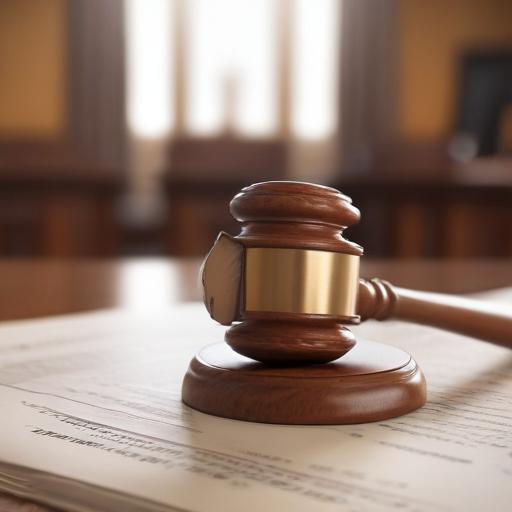Mahmoud Khalil, a Palestinian activist, recently reflected on the harrowing experience he endured in an immigration detention center while awaiting the birth of his son, Deen, in New York. Khalil, who was detained under controversial circumstances, has now filed a claim for $20 million in damages against the Trump administration, citing claims of false imprisonment and malicious prosecution aimed at suppressing his outspoken activism.
Khalil described the pain and fear he experienced while being detained in a remote facility in Louisiana, where he faced harsh treatment, including being denied necessary medication and being subjected to poor living conditions. His detention lasted for 104 days, during which time the government attempted to categorize his views and protests against Israeli policies as threatening and against U.S. foreign interests.
His claim against the administration emphasizes the need for accountability and seeks reparations not just for himself, but with the intention of supporting others who have faced similar injustices. Khalil stated he would also accept a formal apology instead of monetary compensation, emphasizing that his aim is to challenge the systemic abuse of power rather than personal gain.
In a twist reflecting his resilience, Khalil turned his time in detention into a platform for helping fellow detainees navigate their legal situations. He became a central figure in his unit, offering assistance by organizing paperwork and translating needs for other immigrants. This experience, he said, was both heartwarming and heartbreaking, as he learned the depth of struggles others faced.
Since his release, Khalil has resumed his advocacy work, focusing on raising awareness about the ongoing humanitarian crisis in Palestine, where countless lives have been deeply affected by the conflict. He seeks to ensure that his voice resonates against oppressive actions, asserting that he will not be intimidated into silence.
The legal proceedings against him, which many view as retaliatory, continue as he maintains his innocence and determination to fight for both justice for his own situation and for the rights of those he believes have been wronged.
Khalil’s commitment to his cause, despite personal trials, presents a story of resilience, advocating for justice and accountability, not just for himself but for others facing similar circumstances. His high-profile case has drawn attention to issues of free speech and the treatment of activists in the U.S., potentially inspiring further dialogue and reform within the system.
